Enugu Govt Slashes C Of O, Other Land-Related Fees By 50%
 LarryBravo Nwaiwu
LarryBravo Nwaiwu
 LarryBravo Nwaiwu
LarryBravo Nwaiwu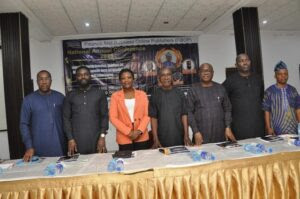
The executive vice chairman of the Nigerian Communication Commission (NCC), Dr. Aminu Maida has said that for the country to reach the $1 trillion economy by 2030, it needs resilient network systems that can bend without breaking, recover quickly from shocks and keep the nation connected even in times of crisis.
 By Fidelia Okafor
By Fidelia Okafor
The Executive Vice Chairman of the Nigerian Communications Commission (NCC), Dr. Aminu Maida, has reaffirmed the Commission’s commitment to safeguarding the nation’s Critical National Information Infrastructure (CNII), describing it as central to Nigeria’s quest for a $1 trillion economy.
Speaking at the 2025 Finance and Business Online Publishers (FiBOP) Conference in Lagos, themed “Protection of Critical National Information Infrastructure (CNII) and Building Industry Resilience,” Maida said Nigeria’s digital infrastructure is the invisible backbone driving every sector of the economy from banking and trade to education and national security.
“When we talk about a $1 trillion economy, we often mention oil, agriculture, or manufacturing. But the real backbone of all these sectors today is our digital infrastructure,” he said.
According to Maida, telecommunications currently contributes over 15 per cent to Nigeria’s GDP, underscoring its pivotal role in national development. However, he warned that the sector remains under threat, revealing that more than 26,000 incidents of fibre cuts, vandalism, and theft were recorded across telecom operators between January and August 2025.
He noted that such attacks, coupled with cyber intrusions and ransomware threats, pose a serious risk to the economy and must be confronted decisively.
Dr. Maida in his paper presentation outlined a five-pronged strategy through his representative Babatunde Apeji that the NCC has adopted to protect CNII: regulation and enforcement, public awareness, collaboration with security and government agencies, stakeholder mediation, and when necessary deployment of security forces to deter vandalism and sabotage.
He disclosed that telecom infrastructure has been formally designated as a national security asset under President Bola Tinubu’s directive and the provisions of the Cybersecurity Act.
Beyond protection, Maida said the Commission is shifting its focus to resilience ensuring that telecom networks can withstand and recover swiftly from disruptions. This includes implementing disaster recovery guidelines, establishing a Sectoral Computer Security Incident Response Team (CSIRT), and developing a comprehensive Cybersecurity Framework for the telecom industry.
Dr. Maida emphasized that resilience cannot be achieved in isolation, hence the NCC is collaborating with key institutions such as the Central Bank of Nigeria (CBN) to secure mobile banking systems, and with the Nigerian Electricity Regulatory Commission (NERC), Rural Electrification Agency (REA), and power distribution companies to stabilize electricity supply to telecom sites.
Dr. Maida added that state governments and local communities are being engaged to protect fibre routes and telecom towers under the CNII Presidential Order. He therefore called on FiBOP to join the NCC in creating more awareness on Nigeria’s quest for a $1 trillion economy.
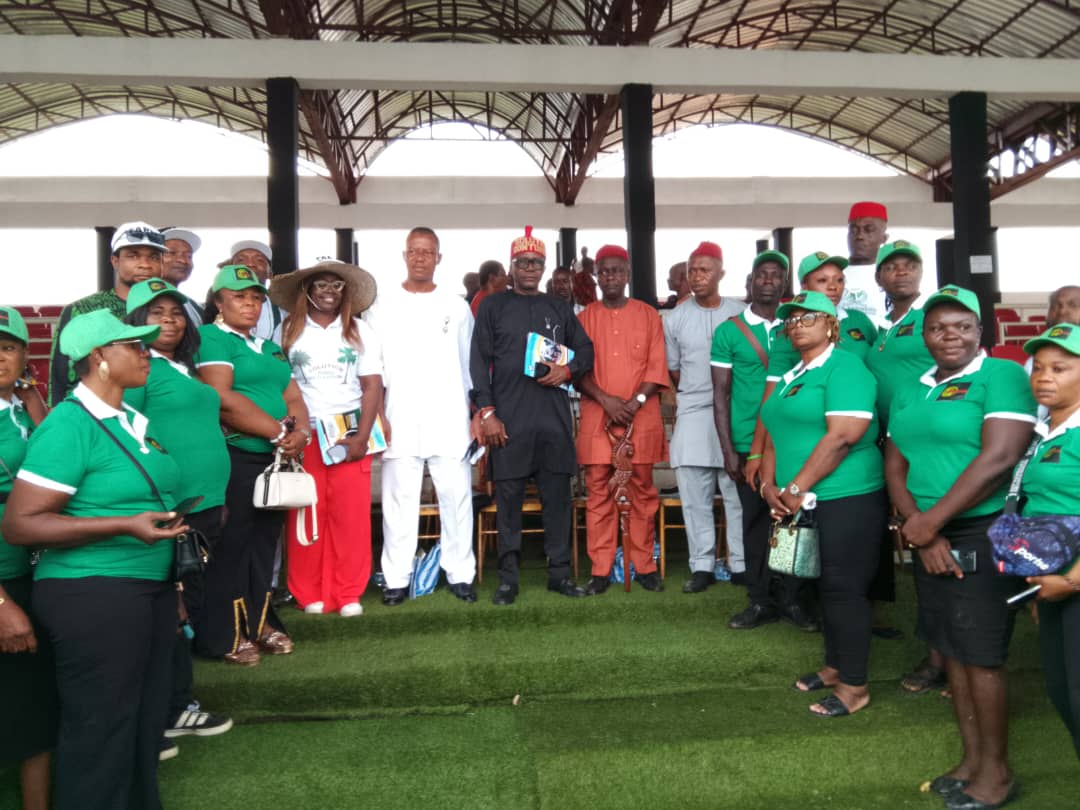
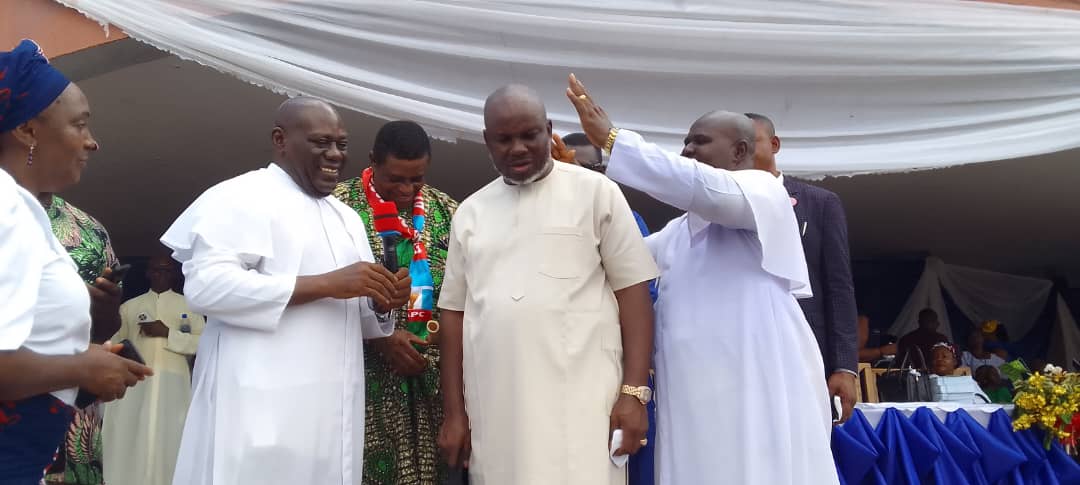

Nigeria needs sustained actions to attract and retain investments in the gas sector to ensure economic growth and industrialization, senior leaders of the Shell Energy Nigeria organisation said at the 3rd edition of the Gas Investment Forum which held in Lagos this week.
Investments in key infrastructure, consistency in policy and regulations and partnerships were highlighted as enablers for the development of the nation’s huge gas resources.
General Manager Shell Energy Nigeria, Markus Hector and Managing Director Shell Nigeria Gas (SNG) Ralph Gbobo made the remarks at separate sessions at the conference.
In remarks delivered on his behalf by Head, Portfolio, Regulation and Supply Chuka Amos-Ejesi, at a panel session on Nigeria’s Decade of Gas Imperative: Driving Investments through IOC–Independent Partnerships, Markus said: “There is a clear strategic case for collaboration. IOCs bring international experience, deep capital reserves, and strong technical and risk management frameworks while independents bring local insight, agility, and operational flexibility in the Nigerian context.”
He said such “partnerships must also build domestic capacity — in engineering, supply chain, operations, and maintenance.”
Earlier in his own remarks at the opening ceremony, Ralph said SNG was developing infrastructure by building gas hubs in Port Harcourt, Aba, Ota, and recently, Yenagoa and hopes to extend to other cities.
He described infrastructure “as the backbone of Nigeria’s gas industrialisation journey, saying investments in this area “will not only improve access but also reduce costs and emissions, making gas a more viable option for industries and communities.”
Ralph said policy clarity and consistency is essential for attracting long-term capital while “effective collaboration is the catalyst for scale and innovation.”
He added: “The opportunities are immense, gas will continue to support Nigeria’s energy transition, providing reliable power while displacing more carbon-intensive fuels, enhance job creation, industrial diversification, and regional trade. The success of these levers will be a collaborative effort from both the public and private sectors.”
The Gas Investment Forum brought together industry leaders, policymakers, investors, and other stakeholders on investment opportunities across the gas value chain—upstream, midstream and downstream.
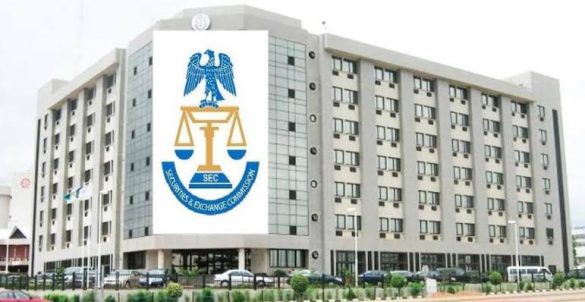
The Securities and Exchange Commisison has urged stockbrokers to uphold the highest level of professionalism and ethical conduct at all times in a bid to ensure a fair and transparent market.
Director General of the SEC, Dr. Emomotimi Agama who stated this weekend during the 29th annual conference of the Chartered Institute of Stockbrokers in Abuja, said investors must have full confidence that the intermediaries who manage their wealth are guided by the highest standards of honesty and competence.
Agama said the theme of this year’s conference: “Capital Markets in a Digital, Ethical, Sustainable Era: Pathways for Economic Transformation” is timely as it speaks directly to the global transition where technology drives innovation, where ethics anchor trust, and where sustainability defines the future of finance.
“These three dimensions—digitalization, ethics, and sustainability—are not separate pillars; they form the foundation of a modern, inclusive, and resilient capital markets.
“Across the world, capital markets are being reshaped by technological innovation. The digital era has introduced new possibilities—from online trading platforms and digital assets to data analytics, blockchain, and artificial intelligence. These innovations are changing how we raise capital, how we invest, and how we supervise.
The SEC Boss stated that the Commission has embraced this transformation as an opportunity to enhance efficiency, transparency, and investor protection adding that ongoing efforts to strengthen market surveillance systems, automate regulatory processes, and introduce risk-based supervision frameworks are all aimed at positioning the Nigerian capital market for the realities of a digital economy.
He said, “We are also actively engaging with stakeholders: including the Chartered Institute of Stockbrokers, to deepen digital literacy and capacity-building across the market. As technology evolves, so must our skills, our ethics, and our shared commitment to fairness and professionalism.
“No amount of innovation can replace the foundational importance of ethics. A truly transformative capital market must be builton integrity, transparency, and accountability.
He said the CIS has remained a key partner in this regard, setting professional standards and upholding the code of ethics that define the stockbroking profession.
“As regulators, we continue to emphasize that professionalism and ethical conduct are non-negotiable. Investors must have full confidence that the intermediaries who manage their wealth are guided by the highest standards of honesty and competence.
“Together, the SEC and the CIS must continue to strengthen ethics education, continuous professional development, and disciplinary frameworks to ensure that the market remains a place of trust”. He added.
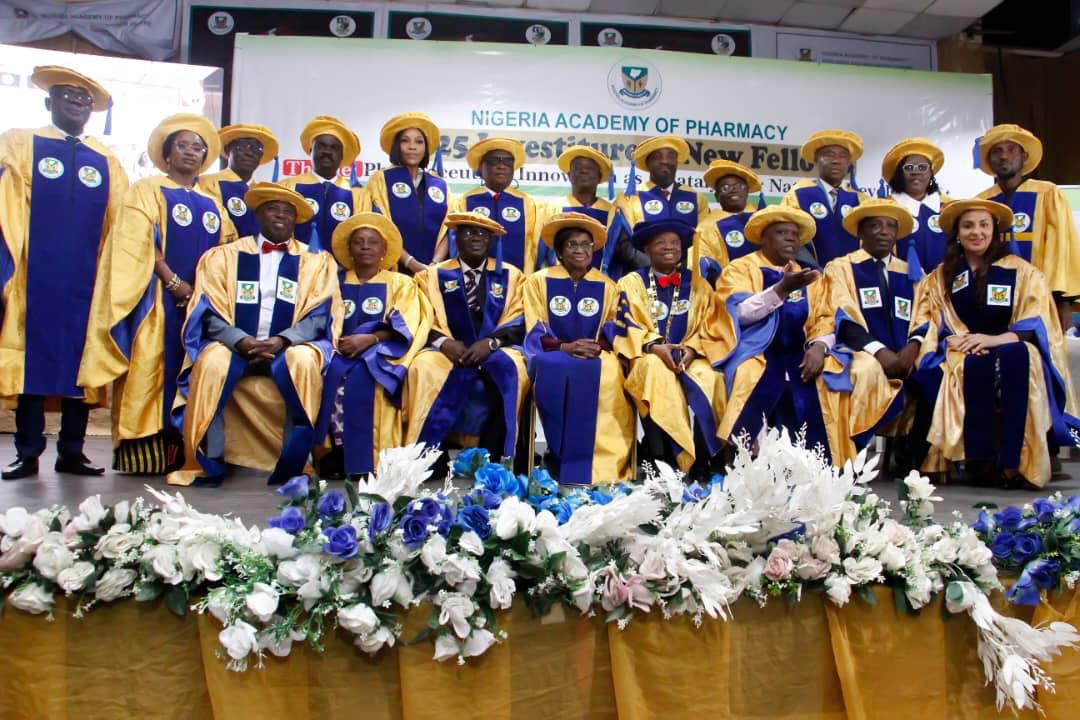
By Winifred Bosa
 …Says Agency Already Has Strengthened Regulatory System for Vaccines, Biologics, and Medical Devices Through Restructuring and Global Benchmarking.
…Says Agency Already Has Strengthened Regulatory System for Vaccines, Biologics, and Medical Devices Through Restructuring and Global Benchmarking.